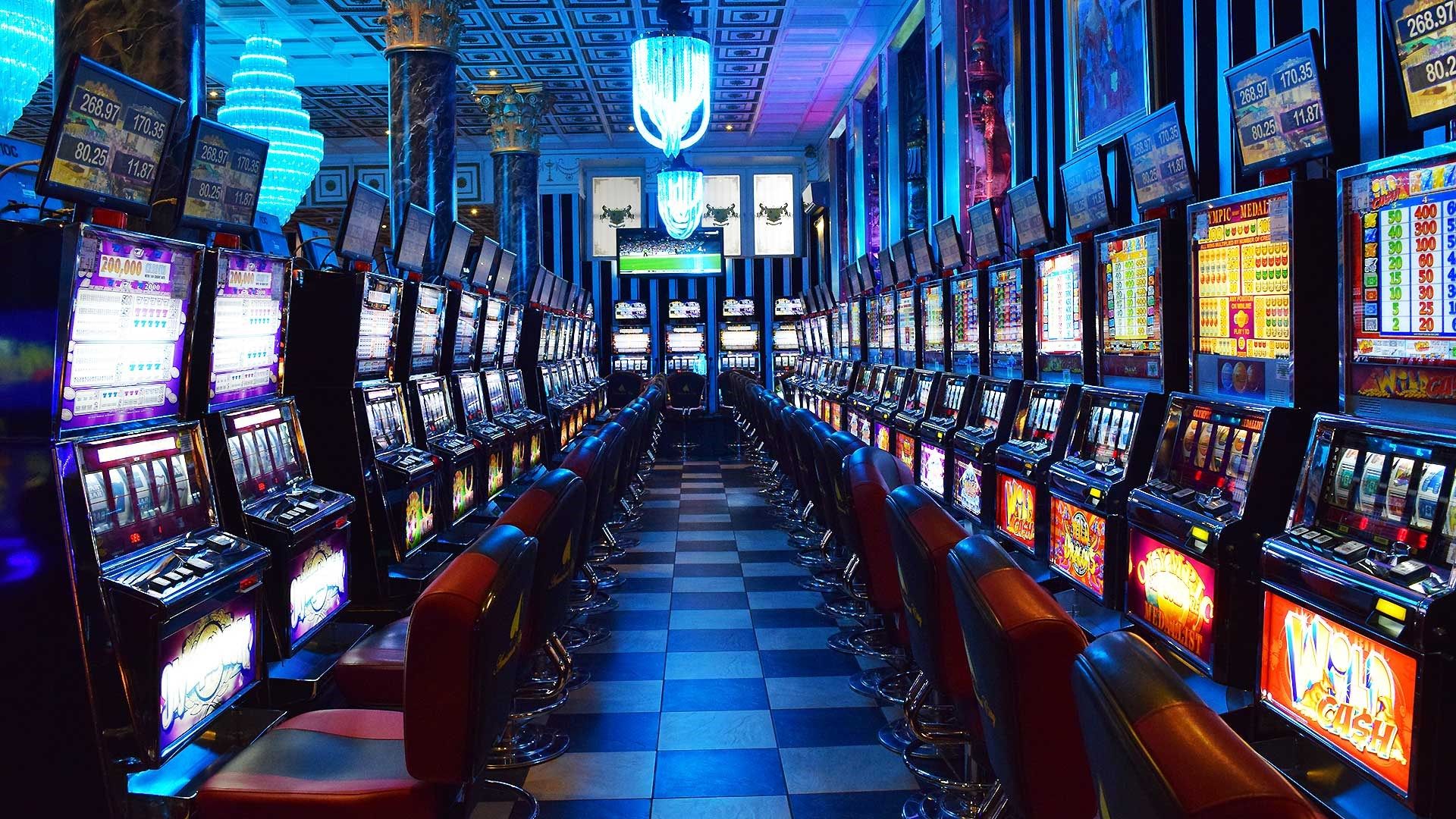Casino games have long captured the imagination of individuals around the world, becoming an essential part of both fun and tradition. From the sparkling lights of the Vegas Strip to the captivating experience of virtual casinos, these experiences evoke enthusiasm, uncertainty, and sometimes even a sense of sentimentality. They are beyond just entertainments; they have woven themselves into the texture of our lives, influencing various aspects from movies and melodies to clothing and books.

The appeal of casino games goes beyond the betting aspect, tapping into larger themes of luck, possibility, and social interaction. As players gather around a gaming table or spin the roulette wheel, they engage in an ancient ritual that resonates with our shared desire for excitement and instability. This fascination has led to the rise of many references in films, songs, and electronic games, showcasing how strongly entrenched these activities are in pop culture. Whether it is the pressure of a classic heist movie or the vibrant nightlife portrayed in recordings, casino games have created a substantial role that reflects our relationship with risk.
Social Impact of Casino Games
Gambling activities have played a pivotal role in social contexts throughout history. Stemming from old societies, forms of chance were often connected to rituals or gatherings. For instance, early forms of gambling can be linked back to ancient China and the Romans, where dice games and betting on outcomes were popular pastimes. These activities not only served as leisure but also as means of connecting people, facilitating connections among people within societies.
As cultures evolved, so did the complexity and organization of gambling games. The creation of formal casinos in the 17th century, particularly in the Italian region, marked a notable shift in how games were perceived and structured. With designated spaces for gambling, the casino became a community center where people from various backgrounds convened. This change contributed to the legitimization of gambling, transforming it from a mere pastime into an organized industry that influenced the economy and regulations.
The effect of casino games on mainstream culture cannot be overlooked. As they were brought into the limelight in books and film, games such as poker and blackjack became icons of risk, luck, and tactics. Famous figures and stories have emerged around these games, reflecting societal views towards luck, wealth, and immorality. This fascination with gambling games has infiltrated various forms of entertainment, solidifying their place in the public imagination and connecting them to wider cultural narratives throughout the ages.
Depiction of Casino Games in Media
Gambling games have long been a popular theme in different types of entertainment, reflecting both the excitement and intricacies of the world of gambling. Movies such as Ocean’s Eleven and Casino Royal portray figures who navigate high-stakes environments, showcasing not only the appeal of the gambling environment but also the methods and judgments that come with playing popular games like poker and blackjack. These movies often dramatize the thrill of winning and the potential consequences of losing, encapsulating the dangers involved in gambling. Miso88
Television shows have also explored the universe of casino games, often integrating them into the narrative as a context for character development and conflict. Series like Las Vegas depict the stories of gambling employees and customers, highlighting the vibrant, often disorderly energy of the casino floor. Reality shows featuring high-stakes gambling competitions further emphasize the appeal of gambling activities, drawing viewers into the excitement and strategy involved in each session. Through these portrayals, media not only engages but also sparks conversations about fortune, skill, and the nature of chance.
Digital games have increasingly integrated casino games into their design, allowing players to experience the thrill of betting without financial risk. Titles within the realm of online gaming often include online slot machines, online poker, and other casino favorites, creating an interactive experience that mirrors real-life gameplay. These virtual portrayals make casino games accessible to a worldwide viewer base, appealing to both players who indulge and those who enjoy the thrill of simulation. As a outcome, the portrayal of casino games in entertainment continues to shape societal views and cultural significance, highlighting their place in entertainment and social context.
Effect of Casino Games on Communities
Gambling activities have a meaningful impact on society, influencing various aspects of culture and interpersonal behavior. They often serve as a platform for community engagement, where people come together to experience a shared activity. Casino trips with friends or visits to casinos become group events that build connections and create memories. This communal aspect boosts the fun value of gambling activities, making them a popular choice for festivities and leisure activities.
Moreover, gambling activities have been portrayed in countless films, TV series, and literature, influencing views and opinions towards gambling and betting. Icons like James Bond playing baccarat or the high-stakes poker scenes in films have cemented these games in the collective imagination. This depiction often glamorizes the lifestyle associated with gambling, attracting new players and influencing trends in both fashion and conduct. These representations can ignite curiosity and lead to a more profound investigation of the nuances of gambling.
Nonetheless, there are also adverse consequences associated with the widespread appeal of casino games. The temptation of quick monetary gain can lead to problem gambling and economic troubles for some individuals. Society must contend with these consequences, promoting responsible gambling and awareness of the dangers involved. Balancing the entertainment value of gambling activities with the potential for harm is vital to ensure that they remain a positive aspect of our cultural landscape.
